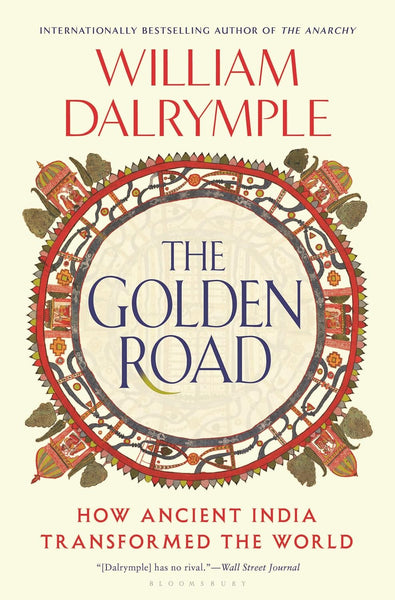Ecce Homo (Readings Classics) by Friedrich Nietzsche
- Publisher: READING CLASSICS
- Availability: In Stock
- SKU: 55805
- ISBN: 9786275100393
- Number of Pages: 96
Rs.400.00
Rs.550.00
Tags: 19th Century , affordable prices , Best , best books , Best Literature , Best Literature & Fiction , Best Novel , best point , Best Price , best prices , Best Selling Books , Classic Literature & Fiction , Drama Literary Criticism , Ecce Homo , Existentialist Philosophy , Free Will & Determinism Philosophy , Friedrich Nietzsche , Individual Philosophers , Literary Fiction , Literature & Fiction , Metaphysical & Visionary Fiction , Modern Philosophy , Modern Western Philosophy , Nonfiction , Philosopher Biographies , Philosophy , Philosophy Aesthetics , Philosophy books , Philosophy books online , Philosophy Criticism , Philosophy of Ethics & Morality , Philosophy of Good & Evil , Political Philosophy , price cut , price-friendly Comprehensive , Reading , reading classic , Readings Classics , ReasonablePrice , reduced price , Religion & Spirituality , Religious Philosophy
"Ecce Homo: How One Becomes What One Is" by Friedrich Nietzsche is an introspective and provocative work where Nietzsche reflects on his own philosophy and personal life. Written in a highly personal and self-revelatory style, this book offers a glimpse into Nietzsche's thoughts on his own development, philosophical ideas, and his critique of contemporary society. The text serves as both a self-portrait and a manifesto, where Nietzsche examines his previous works, clarifies his philosophical positions, and explores the notion of individual self-realization. Through this introspection, Nietzsche aims to convey his understanding of how one can attain true individuality and authenticity amidst societal pressures and norms.
Key Points:
-
Self-Reflection: Nietzsche uses "Ecce Homo" as a means to reflect on his own life, philosophy, and the development of his thought processes.
-
Personal Insights: The book provides an intimate look at Nietzsche's personal experiences, struggles, and triumphs, offering a deeper understanding of his philosophical motivations.
-
Philosophical Manifesto: Nietzsche clarifies and expands on his philosophical ideas, presenting them in the context of his personal journey and intellectual evolution.
-
Critique of Society: The work includes Nietzsche's critique of contemporary society, its values, and its impact on individual self-realization.
-
Concept of Becoming: Nietzsche explores the theme of becoming who one truly is, emphasizing the importance of self-overcoming and authenticity.
-
Exploration of Previous Works: Nietzsche revisits and re-evaluates his previous works, providing new insights and interpretations of his earlier philosophical contributions.
-
Stylistic Approach: The book is noted for its distinctive, often provocative writing style, reflecting Nietzsche's unique voice and approach to philosophy.
-
Challenge to Norms: Nietzsche challenges conventional values and societal norms, advocating for a reevaluation of accepted truths and an embrace of individual strength.
-
Influence on Existentialism: The themes explored in "Ecce Homo" have had a significant impact on existentialist thought, particularly regarding the notions of individualism and self-realization.
-
Autobiographical Elements: The book includes autobiographical elements that shed light on Nietzsche's personal life and how it influenced his philosophical outlook.
Conclusion:
"Ecce Homo: How One Becomes What One Is" by Friedrich Nietzsche is a profound and revealing work that offers valuable insights into Nietzsche's philosophy and personal evolution. Through its introspective and candid style, the book challenges readers to reconsider societal norms and embrace the process of becoming their true selves. It remains a significant contribution to philosophical literature, reflecting Nietzsche's enduring influence on existential and individualist thought.
════ ⋆★⋆ ═══
Writer ✤ Friedrich Nietzsche
Publishers ✤ READING CLASSICS

























